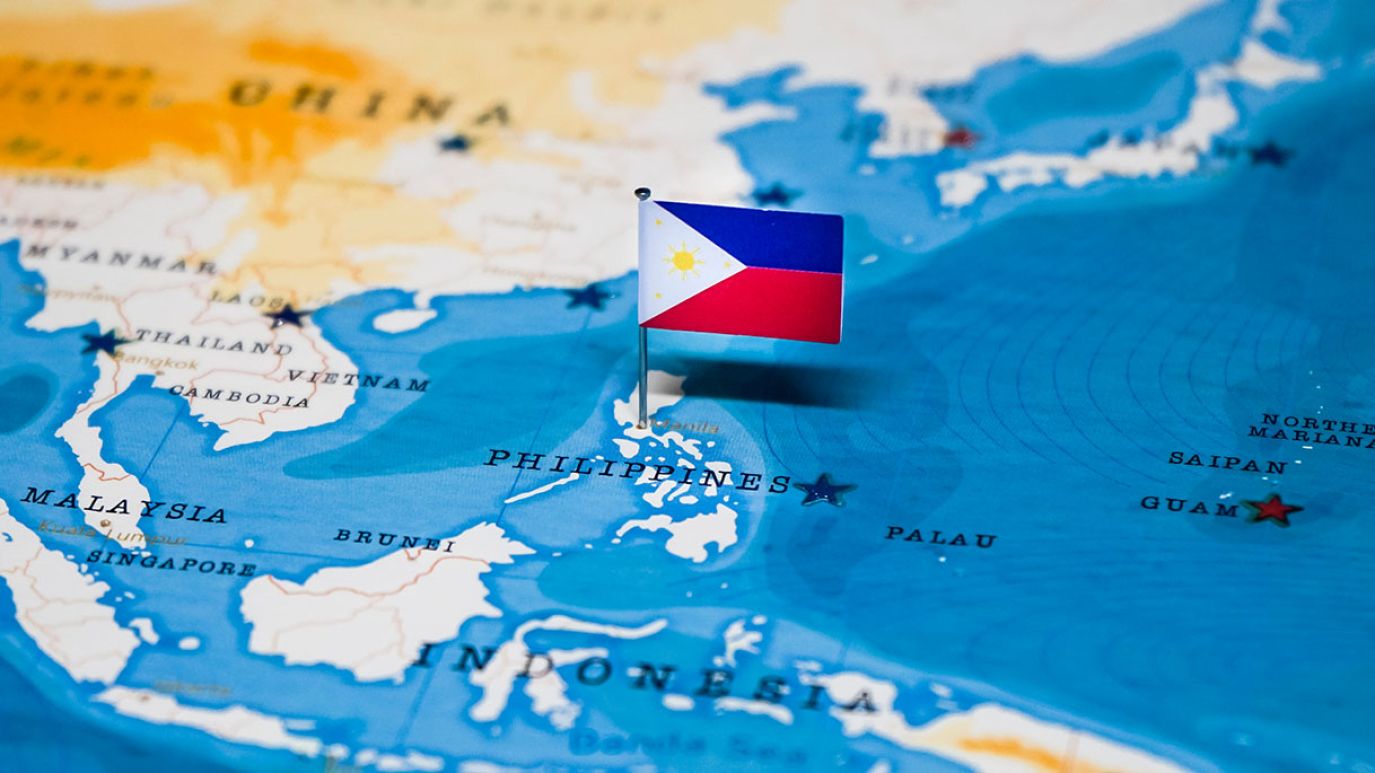US-Philippines relations warm amid Chinese provocations

The Philippines is having to walk a thin line between appeasing China and supporting US and allied regional security.
On 11-28 April the US and Philippines conducted an unprecedented large military exercise across the Philippines involving more than 18,000 soldiers, including 12,200 US troops. US-Philippines relations have been warming, and earlier in the month the Philippines granted the US access to four additional military bases, three of which are located across from Taiwan.
The annual military exercise known as Balikatan was the largest in its 38-year history and came in response to China’s increasing assertiveness in the South China Sea. Prior to that, Chinese provocations were becoming more indiscriminate, using both military vessels and fishermen in the Philippines’ exclusive economic zone.
In response, the Chinese ambassador to The Philippines issued a strong rebuke, calling the exercises “provocative”. Much like Taiwan, the Philippines is treading a thin line between wanting to appease China and supporting US defense and security in the region. Manila’s decision has led The Philippines to forge stronger bonds with the US.
Rejection of the ‘nine-dash line’
As a result, US and the Philippines conducted the third 2+2 Ministerial Dialogue on 11 April 2023 in Washington, where high-ranking US–Philippines foreign affairs and defense officials issued clear-cut statements about the South China Sea conflict. The joint statement condemned China’s illegal activities and called for compliance with the 2016 Permanent Court of Arbitration decision, which rejected Beijing’s claims on territory and maritime rights based on its ‘nine-dash line’. The statement also reiterated the importance of maintaining peace and stability in the Taiwan Strait.
In response Chinese Foreign Minister QIN Gang made a “rescue visit” to Manila on 21-23 April and met with Marcos, the vice president, and the foreign minister. President Marcos stated, “It’s very, very useful and very, very productive that Minister Qin came here and that we were able to talk things a little bit through, make plans for the future, continue to work on growing the relationship between the Philippines and China...and to establish more lines of communications so that any event that occurs in the West Philippines Sea (also known as the South China Sea) that involves China and the Philippines can immediately be resolved.”
Foreign Secretary Manalo’s statement on the meeting with Qin “reaffirmed the Philippines’ adherence to the One China policy, while at the same time expressing concern over escalating tensions across the Taiwan Strait.” On 19 April when asked at a Philippine Senate hearing on the Enhanced Defense Cooperation Agreement (EDCA) with the US if the Philippines would allow the US to store weapons for a Taiwan contingency, Manalo testified that, “Our view is that EDCA is not aimed at any third country, it’s meant for use for the Philippines and of course in connection with our treaty with the United States.”
Marcos meets Biden
The day after Foreign Minister Qin’s visit to Manilla, Chinese coast guard ship had a near at-sea collision with a Philippine patrol vessel carrying journalists. On 29 April the Philippines coast guard identified more than a hundred Chinese vessels parked at Whitsun Reef, which the Philippines claims as part of its exclusive economic zone.
President Marcos then made a four-day visit to Washington on 1 May 2023, making him the first foreign leader under Biden’s administration to receive full honors at the Pentagon.
During their meeting on 1 May, US President Joe Biden assured Marcos that: “The United States remains ironclad in [its] commitment to the defense of the Philippines, including the South China Sea.”
The Philippines is vital to US interests as an ally that occupies a critical position in the US defense perimeter in Asia – the US security alliance architecture runs from East Asia to the South China Sea and the Western Pacific. Conversely, The Philippines gains access to US and allies’ military security.
China’s 5G influence in developing economies
China’s Belt and Road Initiative and its digital counterpart, the Digital Silk Road, threaten to displace US telecom and tech companies in developing economies in Africa, Latin America and the Middle East. How can US operators and network providers stand up to the challenge?